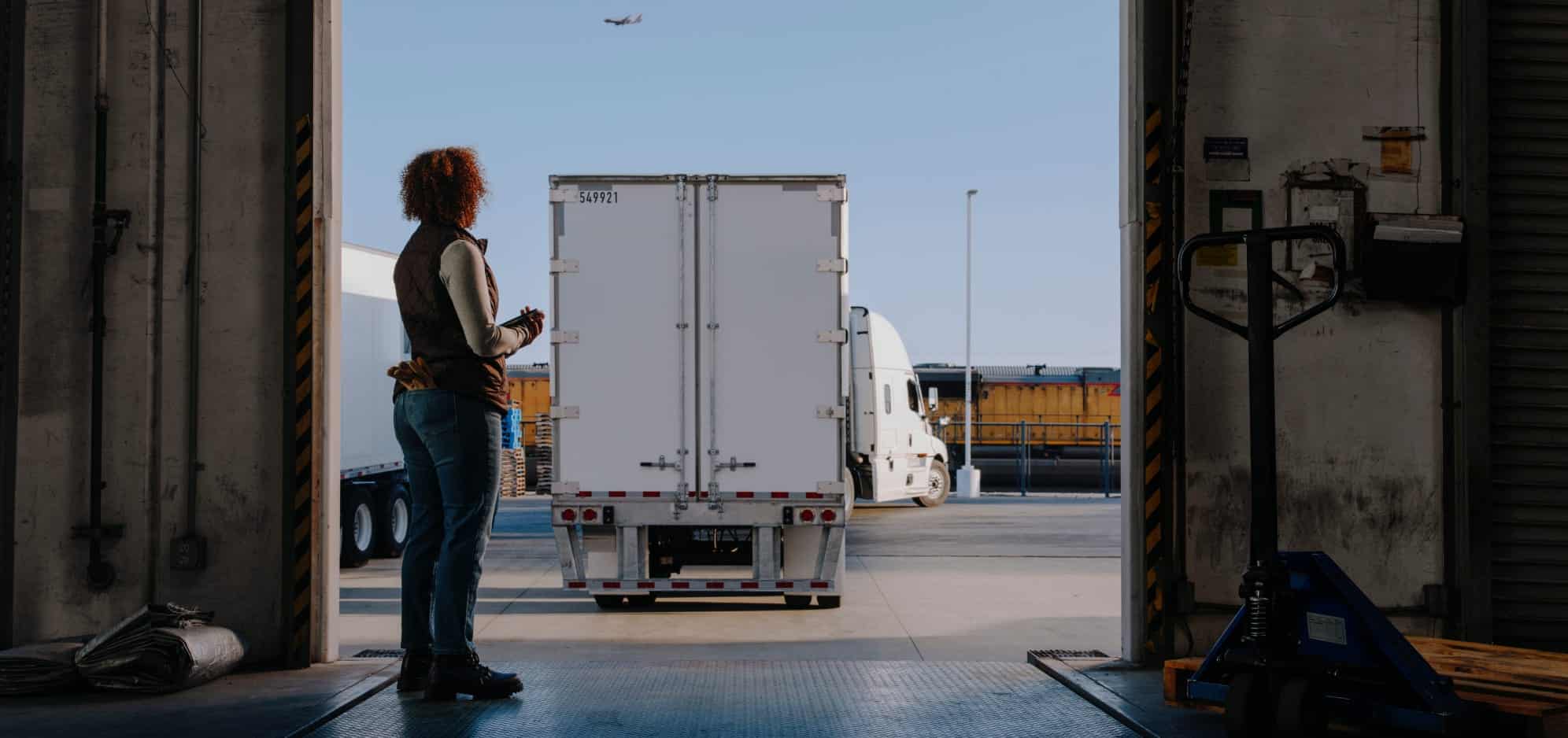Managed transportation services -
outsource your supply chain needs
Customized solutions and industry-leading expertise to help you optimize your
logistics process and ensure your business can keep pace with a changing market.

Let our experts tackle your most pressing logistics questions


Increase agility, efficiency, and stability end-to-end


Planning
- Transportation and network design
- Carrier procurement
First mile
- Landing cost
- PO management
Middle mile
- Order load execution
- Stock transfers
Last mile
- Customer deliveries
- On-time performance
- Cost-to-service metrics
Powered by advanced technology

Transportation Management System (TMS)
Get peace of mind that you’re getting the most our of your TMS while we manage and optimize it for you. It has industry-leading functionality, analytics and performance management for planning, execution, freight audit and settlement across all transportation modes.
We’ll help you get most out of the Uber Freight TMS with:
- Advanced technology to help automate processes and save money
- Centralized and customized reporting with real-time visibility
- Streamlined communication across internal and external teams

Transportation Network Services (TNS)
With access to one of the largest carrier networks in the industry, our advanced algorithm matches shippers with the most efficient carriers and routes to improve delivery times. By minimizing deadhead and wasted miles, our solution maximizes shipment optimization to save you time and money.
Flexible options
Multi Carrier Parcel
Trade
Ocean Freight/Global
Carrier Management
PFEP
Freight Audit Payment
Claims
Procurement
Data Insights
Uber Freight is trusted worldwide by industry leaders to meet their logistics needs.

Get started with Uber Freight
We’re here to help you drive your logistics and transportation operations forward.

